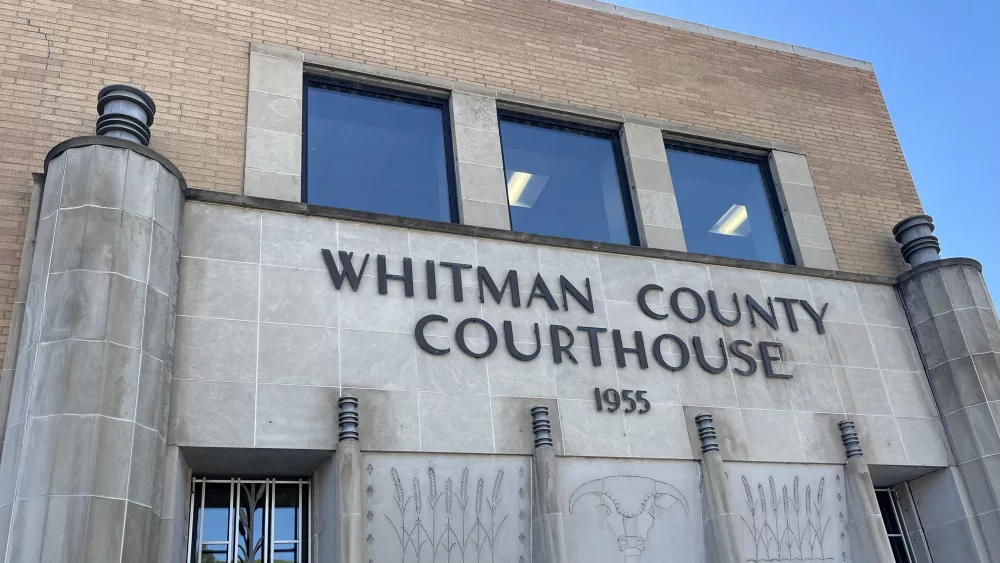OLYMPIA, WA – An appellate court rejected Washington State University’s $63 million lawsuit on Tuesday, affirming a lower ruling after the institution sought coverage for substantial pandemic-related losses.
WSU purchased an all-risk policy from Factory Mutual Insurance in September 2018, which covered physical losses or damages to property until 2020. However, it limits claims related to communicable disease to $1 million, and doesn’t define terms such as “loss,” “damage” or “physical.”
FMI paid out $1 million tied to COVID-19, but denied $63 million in other claims that WSU made after shutting down campus during the beginning of the pandemic. The university initially sued FMI in 2022, but a lower court dismissed the case since the virus didn’t prevent people from using WSU properties.
Tuesday’s ruling from Division III of the Washington State Court of Appeals affirmed that lower ruling and put the lawsuit to bed unless WSU officials decide to take another shot appealing to federal court.
“WSU suspended in-person instruction and closed libraries on the insured property due to the actual or suspected presence of the COVID-19 virus,” Judge George Fearing wrote Tuesday. “But portions of the insured property remained operating, usable, and inhabitable even in light of the virus’ presence.”
Two other judges concurred, adding that WSU frequently tested the staff and students who remained on campus and installed physical barriers around the property. They said WSU wouldn’t have done so unless it was occupied, rejecting claims that the virus physically rendered the property inhabitable.
WSU argued that traces of COVID-19 physically altered the property, with state mandates depriving it of the intended use. The judges disagreed, ruling that those restrictions themselves cannot physically alter property. Essentially, loss of use doesn’t amount to physical loss or damage that requires repairs.
David Wasson, director of WSU News and Media Relations, expressed disappointment Friday and said the university is reviewing the ruling after The Center Square brought it to their attention. He did not answer questions about why WSU sued for $63 million or how it would impact them moving forward.
“The virus risk depended on people’s presence in the property rather than from any harm to or defect in the property. The virus did not remain on the property but rather dissipated on its own,” Fearing wrote.
WSU’s outside counsel did not immediately respond to requests for comment before publishing Friday.
The university is currently grappling with a financial crisis, compounded by state deficits, federal cuts, and a nearly 20% decline in system-wide enrollment since the lead-up to the pandemic. WSU leaders told their departments in April that they must now go “beyond belt tightening” to overcome the issue.
Meanwhile, the Board of Regents continues to increase tuition. Resident undergraduates currently pay more after fees than any other public university in the state, according to reporting by The Center Square.
An extra $63 million from this lawsuit could’ve helped tie up some loose strings associated with fallout from the pandemic, but now that’s out of the question, unless WSU can succeed in any future appeals.
“We affirm the trial court’s grant to Factory Mutual of judgment on the pleadings,” the judges wrote.





